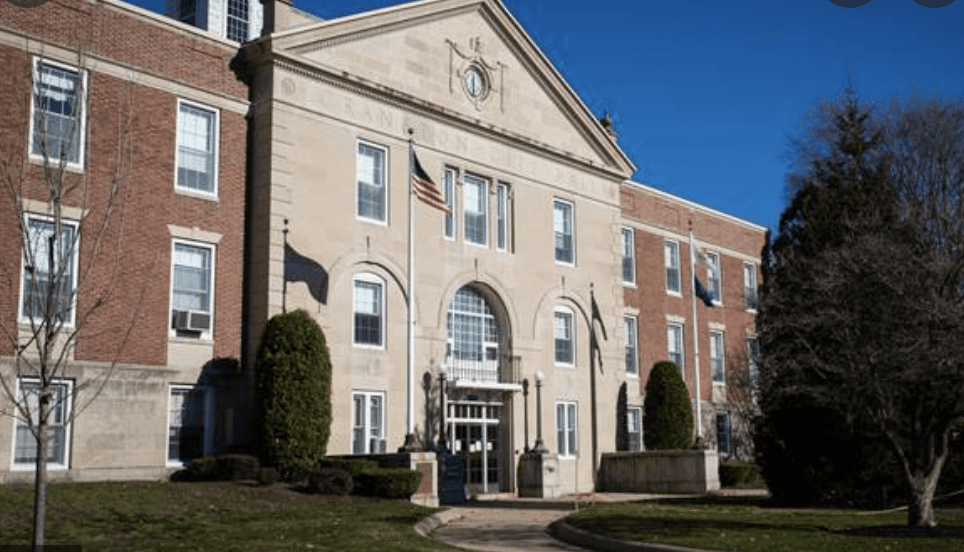Search Posts
Recent Posts
- Rhode Island Weather for June 4, 2025 – Jack Donnelly June 4, 2025
- Sour Grapes time! – Tim Jones (meet Tim at AnimeCon) June 4, 2025
- Lawsuit filed to stop Empire Wind Project by 4 environmental groups and fishermen June 4, 2025
- It is what it is: 6.4.25 – Jen Brien June 4, 2025
- New ALS treatment by PathMaker Neurosystems. Co. funded by RI Life Sciences Hub to come to RI. June 3, 2025
Categories
Subscribe!
Thanks for subscribing! Please check your email for further instructions.

Cranston Mayor Hopkins says “everything is on the table” to meet city’s fiscal challenges
MAYOR HOPKINS IMPLEMENTS BUDGET STRATEGIES TO MEET FISCAL CHALLENGES
Cranston Mayor Kenneth J. Hopkins has announced a series of initiatives that his administration is undertaking to meet budget challenges resulting from the pandemic and structural cost increases that Cranston will face in the months ahead. He said, “While the budget that starts July 1st is being implemented, I am leading a comprehensive effort to review the entire budget landscape and operations of city government.”
Hopkins said, “Everything is on the table.” in this budget review. “We are exploring all options and I am prepared to make the tough cost cutting decisions that I feel are necessary.”
The Mayor said his goals are to minimize impact on public services and city personnel. “Unfortunately, the range of options I am considering will no doubt mean that there is ‘no one size fits all’ approach to budget balancing,” said Hopkins.
Mayor Hopkins said he has already advised department directors to implement the $1.1 million dollars in cuts he proposed and supported on the night of the City Council budget vote with help from Republican council members like Councilwoman Nicole Renzulli. “Sadly, the Democratic majority rejected those budget savings changes.”
“In the end, the size of our local government must be reduced to lessen the burden on local taxpayers as we face a cyclical mismatch between our revenue raising ability and essential expenditure needs.” Hopkins emphasized that “Small incremental changes will not get us to the comprehensive response that I think we need.”
Mayor Hopkins highlighted a series of options relating to personnel and the operation of government that he is considering. “We have already begun discussions with our employee bargaining groups.” He noted that salaries and benefits drive the budget discussions. “We need help from our unions or else we will need to make difficult choices on personnel,” stated Hopkins.
Hopkins said he has ordered in the short term the following steps including
• a hiring freeze for all positions except essential critical positions.
• hold open vacant positions unless a department director makes a compelling argument for filling a job.
• minimize overtime wherever possible.
• deferring all expenditures and purchasing except for essential services.
• a ban on out of state travel paid with tax dollars.
• a review of city paid cell phones and pagers for only essential personnel.
• the reduction on electricty demand when not needed with conservation measures.
• prevent idling of city vehicles when not needed to save fuel costs.
In the area of personnel, he said there are other items being considered that will be pursued with the collective bargaining groups. Those items include:
• a renegotiation of employee contracts in light of recent financial circumstances.
• employee layoffs and furloughs.
• pay reductions where possible.
• a review of all benefit packages.
In the area of operations of municipal services, the mayor said the following options are being considered for implementation. They include:
• an examination of all city services.
• targeted cuts of programs deemed non-essential.
• examination of program fees and rental rates for city facilities.
• privatization of some city services.
• a rebidding or restructuring of vendor contracts.
• eliminating non-essential contracts or provisions.
• sale of unused or vacant city property or assets.
• a review of cash management and investment strategies.
• explore public-private partnerships for some services or programs.
Hopkins emphasized that he knows some of these action items will affect morale and productivity and impact the ability to retain or attract talented staff. “I need all stakeholders, employees and taxpayers to know that we are at a critical stage and faced with an opportunity to constructively reshape our city government as we recover from the economic effects of the pandemic and in these days of declining resources and historic inflation impacting our spending powers.”
The Cranston Mayor also emphasized that more than half the budget is for Cranston schools and beyond his ability to control or effect. “I urge the School Committee and administration to re-evaluate their budget to see if cuts and reductions can be made.” The mayor also called on the Governor and General Assembly leadership to analyze state aid to Cranston in light of services we provide to the Howard complex. “The State has more diverse revenue services, where we are limited to the property tax to principally fund our local government and services.”
“As mayor, I want to position the city for the years to come. We need to do more than just weather the storm,” said Hopkins.

Too bad Costco and the housing development were rejected. The revenue from the expanded tax base would have helped.
The State needs to pony up more money since it’s decided to make the Howard Complex the main source for its operations. It’s our police and fire who answer the calls and patrol the area.
In order to cut some electric bills, tell the cleaning crews at schools to try to turn off the lights when they’re done. I’m across from a school and, on many occasions, lights are left on all night and weekends.
Did the new and revamped schools install solar panels? The benefit might outweigh the cost.
Finally – what happened to the surplus budget that Mayor Fung left?
Ask Picozzi for advice…????